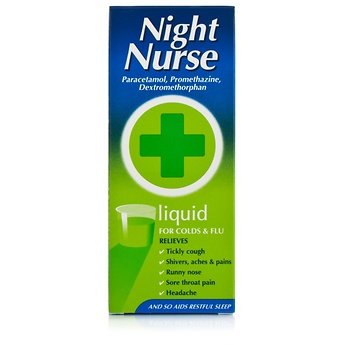Introduction
Embarking on a weight loss journey is a commendable decision, but it often comes with its own set of challenges. One of the most formidable hurdles individuals face is maintaining discipline throughout the process. While the goal of shedding excess weight may seem straightforward, the journey is laden with complexities that make staying on track a constant struggle.
Instant Gratification vs. Long-Term Goals
In a world where instant gratification is increasingly prioritized, weight loss demands a shift in mindset. Unlike the immediate rewards we experience with various activities, the results of a weight loss journey often take time to manifest. The delay between efforts and visible outcomes can lead to frustration, making it difficult for individuals to sustain the discipline required for long-term success.
Social Pressures and Expectations
Society’s expectations and ideals surrounding body image can exert immense pressure on individuals striving to lose weight. The constant barrage of media images featuring unrealistic beauty standards can create a sense of inadequacy, contributing to emotional eating and a lack of discipline. The societal emphasis on rapid transformations can overshadow the importance of gradual, sustainable changes.
Emotional Eating and Coping Mechanisms
Many people turn to food as a source of comfort or as a coping mechanism for stress, anxiety, or boredom. Breaking the cycle of emotional eating requires a deep understanding of one’s relationship with food, and changing these ingrained habits demands significant discipline. Unraveling the emotional ties to eating is a complex process that often requires professional support.
Lack of Education and Awareness
Weight loss is a multifaceted journey that goes beyond crash diets and intense workouts. A lack of understanding about nutrition, metabolism, and the importance of a holistic approach to health can undermine discipline. Education and awareness are crucial for individuals to make informed choices, set realistic goals, and stay committed to long-term lifestyle changes.
Unrealistic Expectations
The weight loss industry is saturated with promises of rapid results and miracle solutions. Unrealistic expectations about how quickly one can shed pounds can lead to disappointment and a subsequent abandonment of disciplined efforts. Setting achievable goals and understanding that sustainable weight loss is a gradual process is essential for maintaining motivation.
Lifestyle Challenges
Modern lifestyles can be fast-paced and demanding, leaving little time for planning and preparing healthy meals or engaging in regular physical activity. Balancing work, family, and personal commitments can make it challenging to prioritize the disciplined habits necessary for effective weight loss.
Conclusion
Achieving and maintaining discipline in weight loss is undoubtedly challenging, given the myriad factors at play. It’s crucial to approach the journey with realistic expectations, a well-informed mindset, and a commitment to long-term well-being. By addressing the emotional, societal, and lifestyle challenges that accompany weight loss, individuals can enhance their chances of success and build a foundation for a healthier and more fulfilling life. Seeking support from healthcare professionals, nutritionists, and mental health experts can further aid in navigating the complexities of weight loss with resilience and discipline.
Disclaimer: Health articles on medical conditions are for information only and do not form a basis for diagnosis. We recommend that if you have any concerns, speak to your doctor or pharmacist for further help and guidance.









